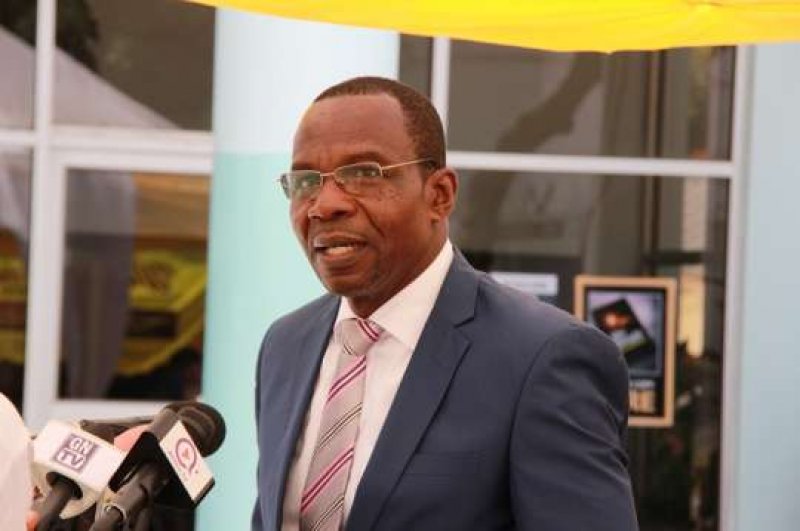
The National Democratic Congress (NDC) has kicked against any plans by the Electoral Commission (EC) to pilot the implementation of the Representation of People Amendment Act (ROPAA) in the 2020 elections.
The party said it believed that if the ROPAA should be implemented, it should be conducted in all the 193 countries recognised by the United Nations instead of conducting the election in only 64 nations where Ghana had established embassies.
Stakeholders’ consultation
The party called for stakeholders’ consultation by involving the political parties, civil society organisations and election management body to fully participate in drawing up a workable programme or road map towards the operationalisation of ROPAA to ensure holistic approach and consensus.
The Member of Parliament for North Tongu and Ranking Member on Foreign Affairs in Parliament, Mr Samuel Okudzeto Ablakwa, stated the party’s position on the matter at a roundtable discussion on the way forward of the implementation of the Representation of People Amendment Act, 2006, (Act 699), in Accra, last Wednesday.
The ROPAA is a legislation Parliament passed in 2006 which entitled Ghanaians living in the diaspora to vote during national elections.
Funding of elections
Mr Ablakwa raised concerns regarding funding of elections in the diaspora and explained that about 60 per cent of the country’s election cost was financed by the donor agencies and international partners.
Additionally, he kicked against the suggestion that Ghanaian ambassadors in missions abroad would serve as returning officers for the EC, arguing that those ambassadors were political appointees with some already showing their political partiality and, thus, could not be trusted to produce genuine election outcome.
The party also disagreed with the proposal that Ghana’s embassies abroad should lead the registration of eligible Ghanaians in the diaspora to vote, which was against Article 45 of the 1992 Constitution.
Mr Ablakwa averred that there was a lot of mistrust within the political elements and cited the brouhaha surrounding political vigilantism and asked a rhetoric question; “If the NDC was in power, would the NPP allow it to implement the ROPAA?”
Ghana not ready for ROPAA
“In my honest view, I think Ghana is not ready for ROPAA implementation in the 2020 election, but I support the principle and I’m in solidarity with Ghanaians in the diaspora and everywhere …”.
“I want a peaceful election determined by Ghanaians in Ghana and the limited ones who have been voting from the diaspora – students on scholarship, those working in the United Nations institutions and workers in Ghana’s embassies.”
He asked the election management body, the EC, to exercise caution and not rush in operationalising the ROPAA because election has the potential of plunging the country into anarchy and marring the peace and harmony.
Mr Ablakwa said stakeholders must dispassionately discuss the matter without looking through the lenses of the NDC and the NPP.
Real challenges
He said the country should not ignore the real challenges in the ROPAA implementation and consolidation of all the laws on elections, especially those that bordered on diaspora voting.
He underlined the need for the nation to set its priorities right and adopt a scientific approach towards the operationalisation of ROPAA.
This could be enhanced by looking at the cost evaluation and how much would be required to fully implement the law.
The stakeholders meeting was organised by the Centre for Democracy (CSD-Ghana), in collaboration with the Friedrich Ebert Stiftung, to stimulate discussion towards the operationalisation of the ROPAA.
Source: GNA


































